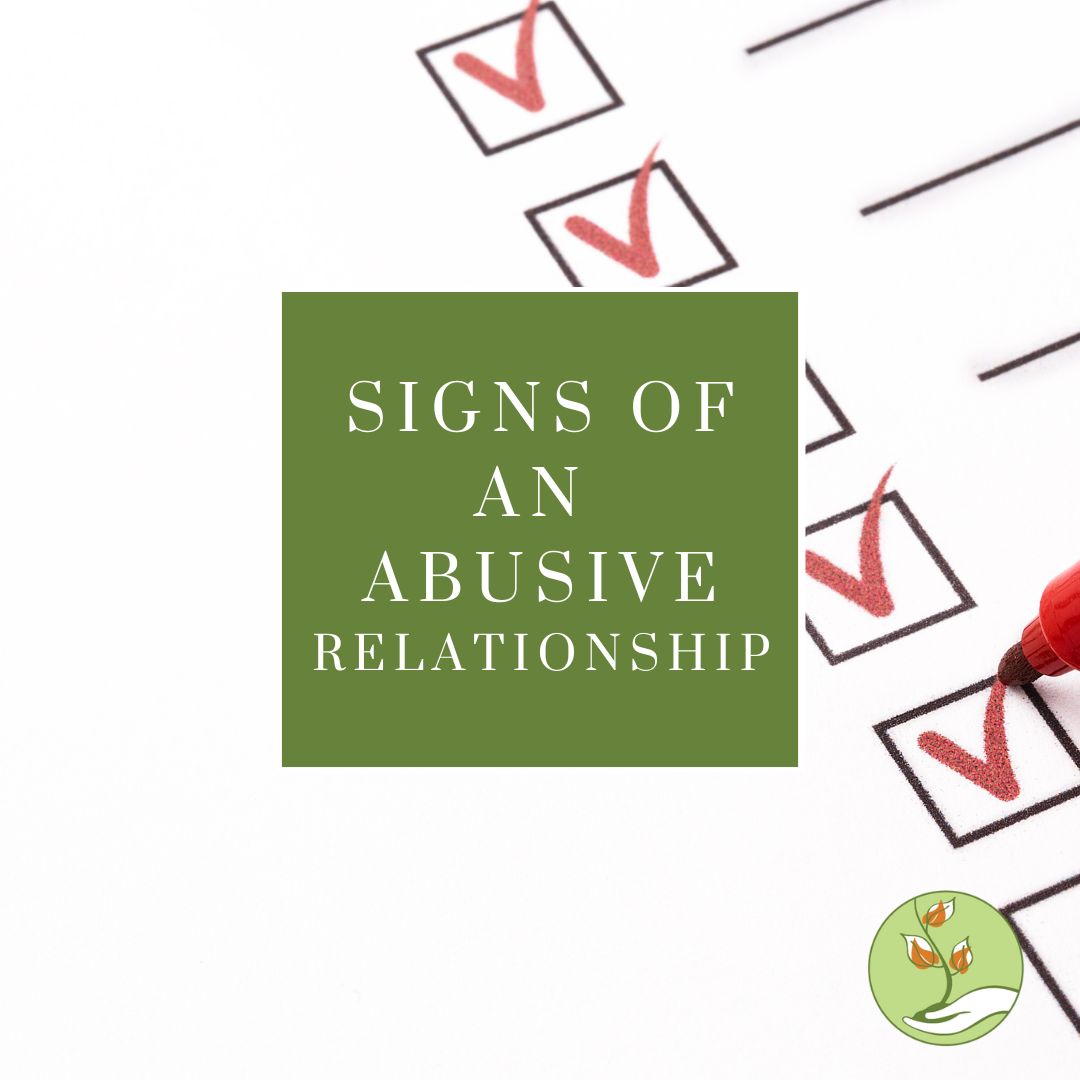Signs Of An Abusive Relationship
Recognizing the signs of an abusive relationship is the first step toward breaking free from a cycle of control and harm. Abuse can take many forms, from subtle emotional manipulation to overt physical violence, and it often escalates over time. Understanding these signs is crucial not only for those who may be experiencing abuse but also for friends, family members, and communities who want to offer support.
The checklist below outlines key indicators of abusive behavior, providing clear descriptions to help identify and address the dangerous dynamics in a relationship. If you recognize these signs in your relationship or the relationship of someone you know, it’s important to seek help and take action.
Just a Quick Note: If you are currently experiencing intimate partner abuse and are seeking faith-based support, please explore our website and contact us when ready. We are here for you.
Put you down or intentionally embarrass you?
- An abusive partner may frequently belittle you, making hurtful comments or mocking you in front of others. This tactic is designed to lower your self-esteem and make you feel worthless, ensuring that you remain dependent on them.
Look at you or act in ways that scare you?
- If your partner uses intimidating gestures, stares, or tones, they may be trying to instill fear in you. This fear can create a sense of powerlessness, making it difficult to stand up for yourself or seek help.
Control what you do, who you see or talk to, or where you go?
- Abusers often isolate their victims by dictating every aspect of their lives. By controlling your social interactions and movements, they ensure you have no support system to turn to, keeping you under their control.
Stop you from seeing your friends or family members?
- Isolation is a key tactic in abusive relationships. Preventing you from maintaining close relationships with loved ones leaves you feeling alone and trapped, further deepening the abuser’s hold on you.
Take your money or Social Security check, make you ask for money, or refuse to give you money?
- Financial control is a powerful form of abuse. By restricting your access to money, the abuser makes it nearly impossible for you to leave, as you may feel financially incapable of supporting yourself.
Make all the decisions?
- When one partner dictates all the decisions, from major life choices to daily activities, it strips you of your autonomy. This can make you feel like you have no voice or agency in the relationship.
Tell you that you’re a bad parent or threaten to take away or hurt your children?
- Using your children as a weapon is a cruel form of emotional abuse. These threats are designed to terrify you and make you feel incapable of protecting your children, ensuring you stay in the relationship out of fear.
Prevent or strongly discourage you from working or attending school?
- By blocking your access to education or employment, the abuser keeps you financially dependent and socially isolated, making it harder for you to gain the independence necessary to leave the relationship.
Act like the abuse is no big deal, blame you for the abuse, or deny abusing you?
- Minimizing, denying, or shifting blame for abusive behavior is a common tactic. It can leave you doubting your own experiences, making it harder to recognize the abuse and seek help.
Destroy your property or threaten to kill your pets?
- Destruction of property or harm to pets is a clear message that your abuser is willing to escalate violence. It serves as a warning of what could happen to you or those you love if you try to leave.
Intimidate you with or mention using a gun, knife, or other weapons, especially during an argument?
- The mention or use of weapons during arguments is a severe form of intimidation, signaling a clear threat to your life. This type of behavior can make you feel like there’s no safe way out of the relationship.
Shove you, slap you, choke you, or hit you?
- Physical violence is an unmistakable sign of abuse. Even if these actions seem isolated or are followed by apologies, they are part of a pattern of control and domination that can escalate over time.
Try to get you to drop legal charges brought against him for abuse?
- Pressuring you to drop legal charges is a way to avoid accountability and maintain control. It’s a tactic to keep you trapped in the cycle of abuse by making you feel guilty or responsible for the abuser’s consequences.
Threaten to commit suicide or threaten to kill you?
Threats of suicide or murder are extreme forms of emotional manipulation and control. They create a terrifying environment where you may feel responsible for the abuser’s life or fear for your own, making it incredibly difficult to leave.
BEGIN YOUR JOURNEY TODAY
If You Are Ready Break Free From The Cycle Of Abuse, Fill Out Our Confidential Form And One Of Our Compassionate Care Coordinators Will Reach Out About Our Program Or Call Us at (978) 266-0053 ext 1
Conclusion
Recognizing the signs of an abusive relationship is essential for your safety and well-being. Whether you identify with one or several of these indicators, it’s important to take them seriously and seek the help you deserve. No one should have to endure abuse, and by acknowledging these signs, you’re taking the first step toward breaking free and finding a path to healing.

